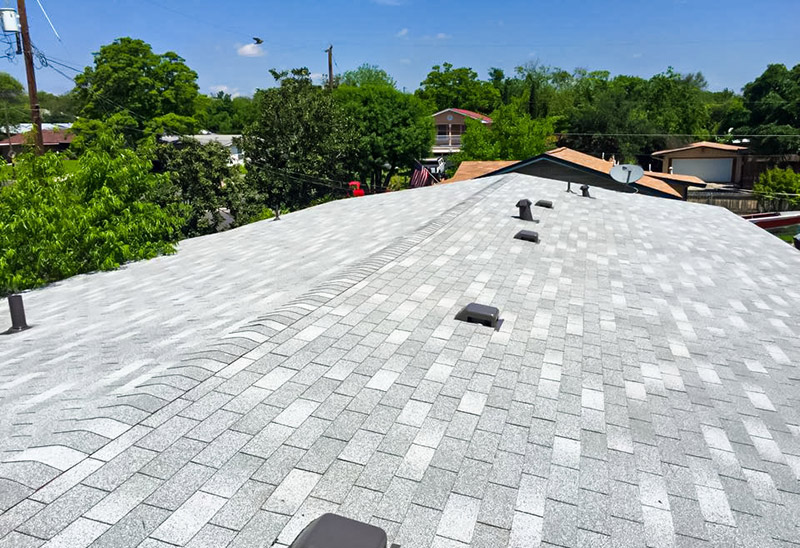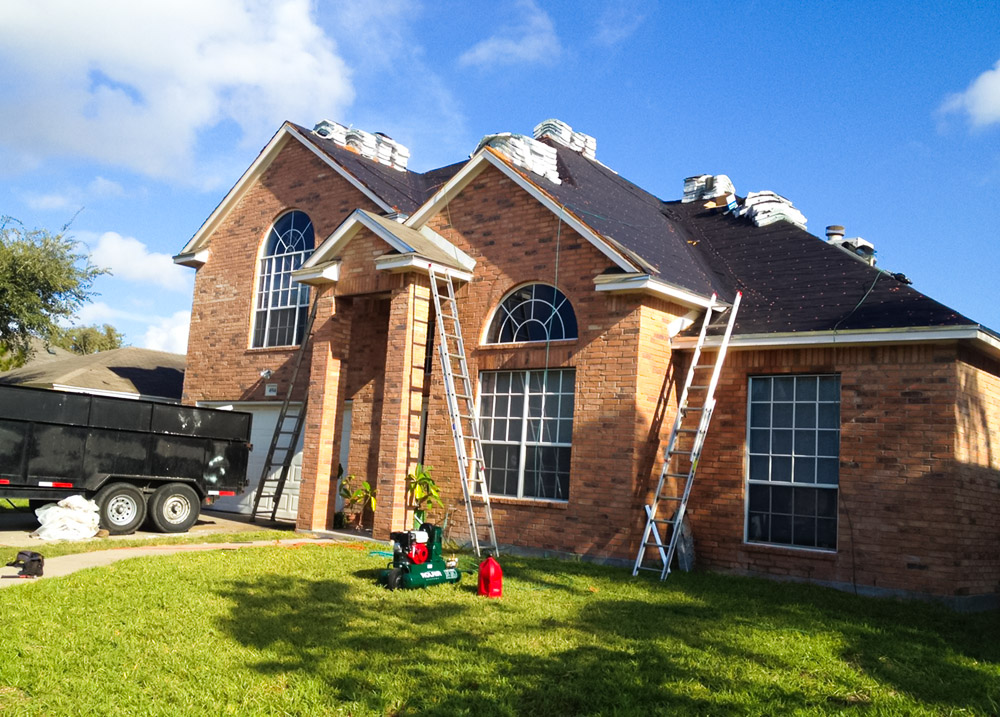The process of closing out a roof claim in Texas is an intricate one, with many factors influencing the timeline. Understanding these elements early on can help ensure that the process runs smoothly and efficiently. This article will discuss the various aspects that determine how long it takes to close out a roof claim in Texas, such as filing deadlines and documentation requirements. Additionally, this article will provide helpful tips for navigating the complexities of closing out a roof claim in Texas. With this information, readers can gain insight into what they need to know in order to successfully complete the process.
Texas Insurance Claims Laws
The Texas Department of Insurance regulates insurance claims in the state. The regulations are designed to protect policyholders and ensure that insurers adhere to their contractual obligations. Under Texas law, an insurer must close out a roof claim within 30 days after receiving notice of the damage or loss from the insured. If repairs have been made, the insurer must pay for those repairs as soon as possible. In cases where replacement is needed, the insurer must make payment promptly following completion of agreed-upon work by a licensed contractor.
If an insurer fails to comply with these requirements or rejects a valid claim without reasonable cause, they may be held liable for damages under Texas Deceptive Trade Practices Act (DTPA). Additionally, if a claim is not resolved within 60 days of submission, then interest will accrue at 8% per annum on any unpaid amounts due until it is paid in full. It is important for consumers to understand their legal rights when dealing with insurers so that they can challenge any improper behavior and seek justice in court if necessary.
When To File A Roof Claim
In Texas, it is important to file a roof claim as soon as possible after any type of damage has occurred. The sooner the claim is filed, the better chance there is for successful resolution and repair or replacement of the damaged components. To ensure that all necessary steps have been taken to make sure a timely filing, homeowners should contact their insurance provider in order to determine individual policy requirements.
The length of time allowed by an insurance company to close out a roof claim in Texas may vary based on many factors such as severity and scope of damage, contractor availability, parts required, and other variables. Generally speaking however, most insurers will provide up to three months from the date of initial report in which to complete the process. It is recommended that homeowners keep detailed records throughout this period so they can reference them at any point if needed.
What Is The Statute Of Limitations For Roof Claims In Texas?
The Statute of Limitations for roof claims in Texas is a law that sets the time limit for filing a claim. It varies from state to state, and it dictates when someone can no longer bring forth legal action against another party. In Texas, the Statute of Limitations for roof claims states that any suit must be filed within four years from the date of damage or discovery of injury. This means that if an individual discovers damage to their property more than four years after it has occurred, they may not be eligible to receive compensation through a lawsuit.
It is important to note that this statute applies only to civil actions and does not apply to criminal cases. Furthermore, depending on the specific circumstances surrounding each case, there are certain exceptions which could extend this timeline further or even nullify it altogether. For example, if a person was unaware of the damages until recently due to fraud or misrepresentation by another party involved with the claim then they may still have grounds for filing a lawsuit outside of the normal timeframe limitations set by the Statute of Limitations.
Requirements For Filing A Roof Claim
In Texas, the timeframe required to close out a roof claim depends on the nature of the damage and the size of the repair needed. Generally, policyholders must submit all claims within 180 days after becoming aware of any damages or losses in order for those claims to be considered valid. This includes submitting documents such as estimates, photographs, invoices, and other relevant materials that provide evidence of what happened and how much it cost to fix.
If necessary repairs are completed before filing a claim with an insurance carrier, claimants should keep all receipts associated with the work done so they can document their expenses if requested by their insurer. Additionally, policyholders may need to submit additional documentation depending on specific circumstances surrounding each individual case. It is important for individuals to meet all deadlines set forth by their insurance company when closing out a roof claim in Texas.
Determining Fault In Roof Claims
In Texas, determining fault in roof claims is a complex process. Generally speaking, the owner of the property must prove that a contractor or another party was responsible for any damage to their roof. The burden of proof lies with the plaintiff (property owner). In order to establish liability and close out a claim, evidence must be presented that shows negligence on behalf of the defendant (contractor or other party). This could include photographs, repair invoices, warranties, inspection reports, contracts signed by both parties, etc.
The timeline for closing out a roof claim varies depending on the complexity of the case. An experienced attorney can help ensure all necessary paperwork is filed properly and within the time frame required by law. Additionally, an attorney can review each piece of evidence and make sure it meets legal requirements as well as helping to prepare witnesses if needed at trial. Ultimately this helps protect homeowners from costly litigation and ensures they receive just compensation for any damages incurred due to faulty workmanship or materials used in constructing their roofs.
Cost Considerations For Roof Claims
When determining fault in roof claims, it is important to consider the cost of repairs. In Texas, a homeowner has up to two years from the date of an incident to file a claim for damages and close out the roofing repair process. The costs associated with making such repairs can vary depending on several factors, including the size and complexity of the roof damage as well as local market rates for materials and labor. It is also important to factor in any additional expenses that may be incurred due to delays or other unforeseen issues during the repair process. This includes not only material costs but also time spent coordinating between multiple contractors, dealing with subcontractors, obtaining permits, and arranging inspections. Homeowners should also understand their insurance coverage limits prior to beginning any repair work so they are aware of what kind of financial protection they have in case something goes wrong. By taking into account all potential costs before starting a roof claim closure project, homeowners can ensure that they will receive fair compensation for all necessary repairs.
Resources For Additional Information
The Texas Department of Insurance provides information on roof claims, including the time frame for closing out a claim. According to their website, there is no specific timeframe; however, insurers should act in good faith and attempt to process or deny the covered loss within a reasonable period. The insurance company must provide an explanation if they are unable to close the claim by this deadline.
In addition, insured persons have certain rights when dealing with property damage losses due to storms, such as being able to appeal denied claims and filing complaints against insurers who do not adhere to state regulations. Detailed information about these rights can be found on the Texas Department of Insurance’s website.



